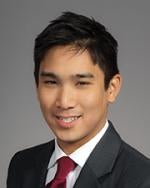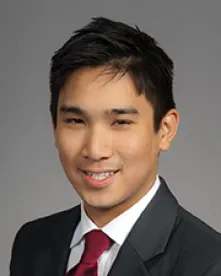Addressing the question of subject matter jurisdiction over state law tortious interference claims, the U.S. Court of Appeals for the Federal Circuit found that the lower court did not have subject matter jurisdiction over the claims, ruling that the tortious interference claims did not arise under federal patent law because the claims looked backwards, and had no prospects of looking forward. Forrester Envtl. Servs., Inc. v. Wheelabrator Techs., Inc., Case No. 12-1686 (Fed. Cir., May 16, 2013) (Dyk, J.).
Forrester and Wheelabrator competed in the waste treatment market and, in particular, for the business of a customer named Kobin, a Taiwanese company operating in Taiwan. At times, Kobin bought from Wheelabrator, and at other times, from Forrester. At a time when Kobin was buying from Forrester, Wheelabrator asserted that the Forrester products Kobin was buying infringed Wheelabrator’s patents. Kobin then stopped buying from Forrester and began buying from Wheelabrator. Forrester filed state law tortious interference claims and argued that Wheelabrator’s patent infringement allegations were false.
Although Forrester originally filed its state law claims in state court, Wheelabrator removed the case to a federal district court, which denied Forrester’s motion for remand. The district court granted summary judgment on all claims in favor of Wheelabrator. Forrester appealed to the Federal Circuit, claiming that the district court lacked subject matter jurisdiction over the state law claims.
The central issue on appeal was whether the state law tortious interference claims belonged in state court or federal court. Federal courts have original jurisdiction over civil actions “arising under” federal patent law, and state law claims “arise under” federal patent law if they involve a “substantial question of federal patent law.” Wheelabrator argued that resolving the tortious interference claims required resolving whether Wheelabrator’s statements were false and, because the statements alleged patent infringement, the Court could only determine whether the statements were false after determining whether Forrester had in fact infringed Wheelabrator’s patents. Wheelabrator argued that the question then was whether the underlying patent infringement made the tortious interference claims arise under federal patent law.
Distinguishing the precedent relied upon by Wheelabrator, the Federal Circuit found that the tortious interference claims did not arise under federal patent law because the claims were “backward-looking,” whereas the false statements Wheelabrator’s cases were forward-looking. Those forward-looking statements were similar to Wheelabrator’s—allegedly false allegations of patent infringement—but the difference was in those cases, there was still a future opportunity for patent litigation, which created an opportunity for state courts and federal courts to come to inconsistent conclusions. In those forward-looking scenarios, a state court’s conclusion that the statements were false, and that there was thus no patent infringement, could directly contradict a federal court finding of patent infringement.
In contrast, Forrester’s claims were backward-looking. There was little chance of future patent litigation because Kobin was a Taiwanese company operating only in Taiwan, no facts suggested that any products would be imported into the United States, and Wheelabrator’s patents had expired. Thus, despite the underlying patent infringement question, Forrester’s tortious interference claims did not arise under federal patent law and therefore could not be heard in federal court.




 />i
/>i

